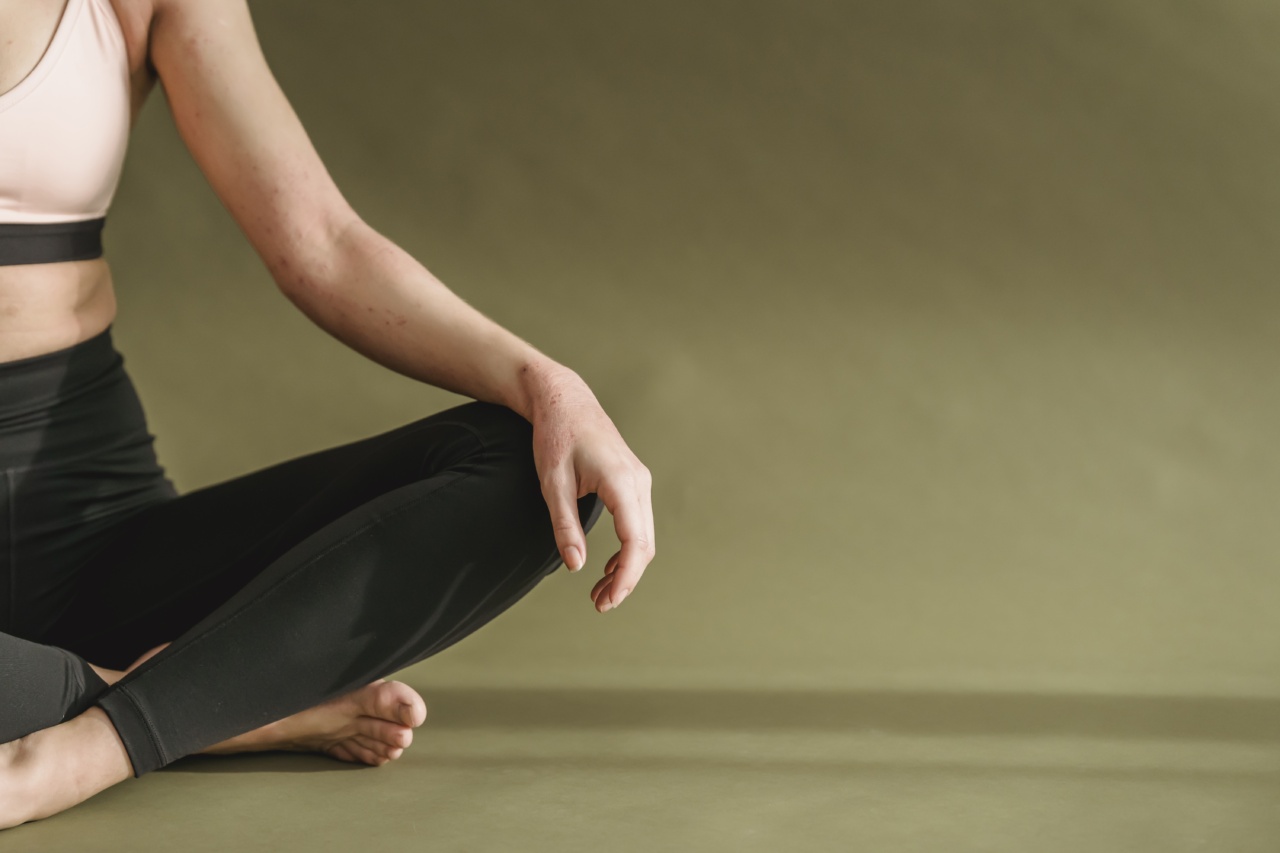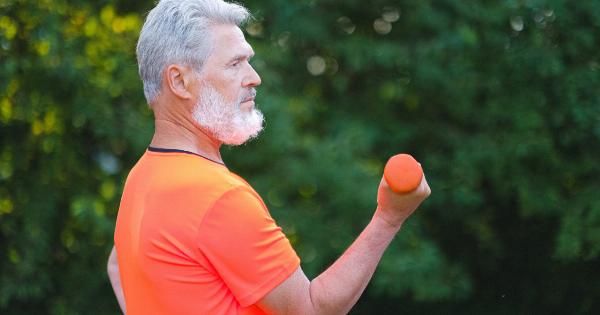Once you hit your 60s, taking care of your physical and mental health becomes more important than ever. By practicing healthy habits, you can improve your overall wellbeing and ensure a long, happy life.
Here are some tips for unlocking the key to a healthy mind and body in your 60s.
Stay Active
One of the most important things you can do for your health is to stay active. Regular exercise can help you maintain a healthy weight, reduce your risk of chronic diseases, and improve your mood.
Aim to get at least 30 minutes of moderate aerobic exercise every day, such as brisk walking, cycling, or swimming. You can also incorporate strength training exercises two to three times a week to help improve your muscle mass and bone density.
Eat a Healthy Diet
What you eat plays a big role in your overall health, so it’s important to eat a balanced and nutritious diet. Try to incorporate plenty of fruits, vegetables, whole grains, lean proteins, and healthy fats into your meals.
Avoid processed foods and sugary drinks, and limit your intake of saturated fats and sodium. Pay attention to your hunger and fullness signals, and aim to eat slowly and mindfully during meals.
Get Enough Sleep
Sleep is important for your physical and mental health, but many older adults struggle with getting enough quality sleep. Aim to get seven to nine hours of sleep every night, and establish a consistent bedtime routine to help you wind down before sleep.
Avoid caffeine, alcohol, and electronics before bedtime, and keep your bedroom cool, dark, and quiet.
Stay Socially Engaged
Staying connected with other people is important for your mental health. Try to stay socially active by joining clubs, volunteering, or spending time with friends and family.
You can also take advantage of technology to stay in touch with loved ones who live far away.
Manage Stress
Chronic stress can have negative effects on your mental and physical health, so it’s important to find ways to manage it. Try practicing relaxation techniques such as deep breathing, meditation, or yoga.
You can also try talking with a therapist or joining a support group to help you cope with stress.
Get Regular Health Screenings
Regular health screenings can help you detect and prevent potential health problems. Talk with your doctor about which screenings you should be getting, such as mammograms, colonoscopies, and bone density tests.
Stay Engaged and Active
Retirement doesn’t have to be a time to slow down or become inactive. Stay engaged and active by pursuing hobbies or learning new skills. You can also try volunteering or traveling to new places.
Protect Your Skin
As you age, your skin becomes more susceptible to damage from the sun. Protect your skin by wearing sunscreen, hats, and protective clothing when you’re outside. Avoid tanning beds, and check your skin regularly for potential signs of skin cancer.
Stay Hydrated
Drinking enough water is important for your overall health. Aim to drink at least eight cups of water every day, and remember to drink water before, during, and after exercise.
Quit Smoking or Vaping
Smoking or vaping can have serious negative effects on your health, especially as you get older. If you currently smoke or vape, talk with your doctor about quitting strategies and resources that can help you quit for good.





























